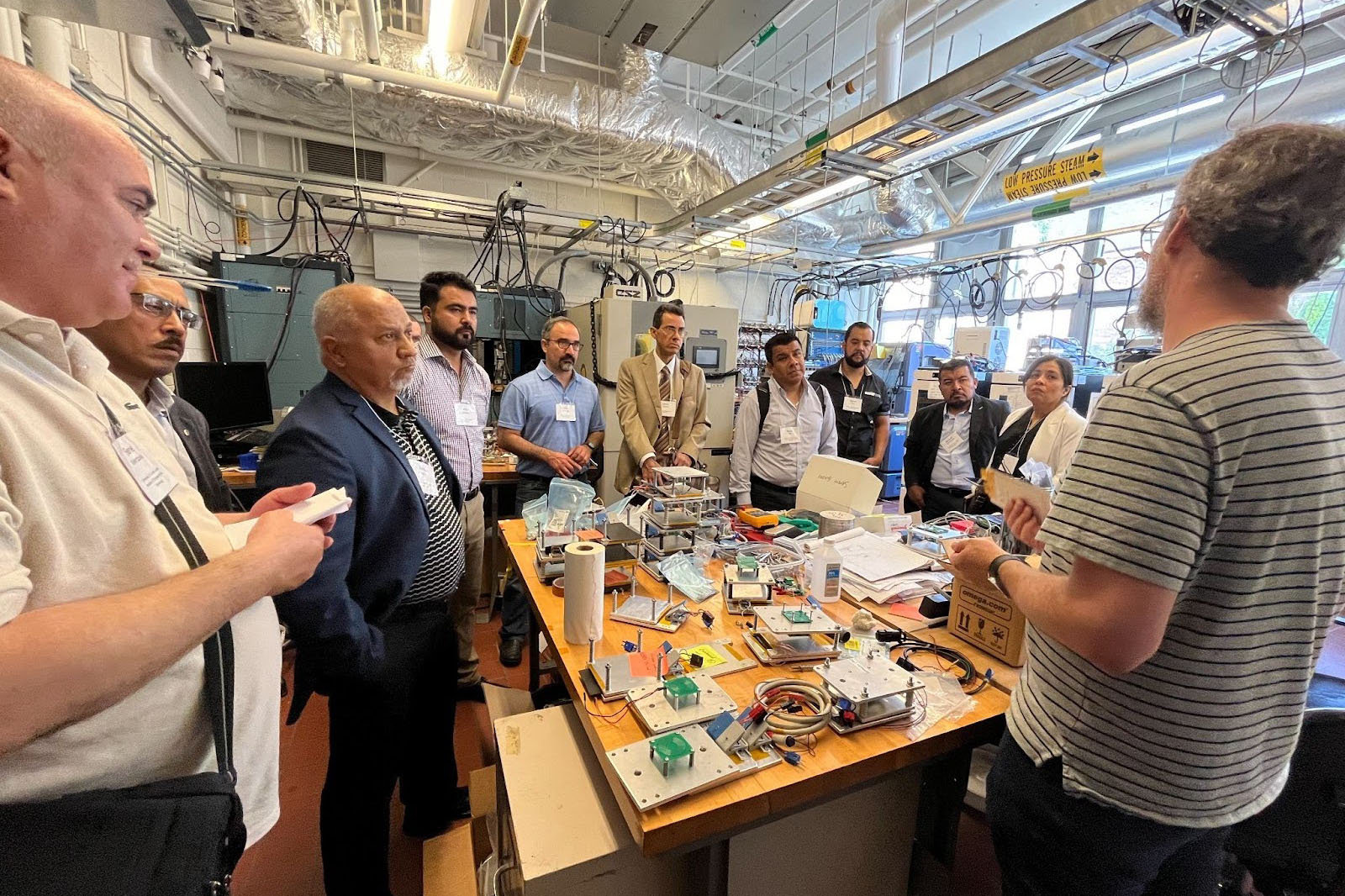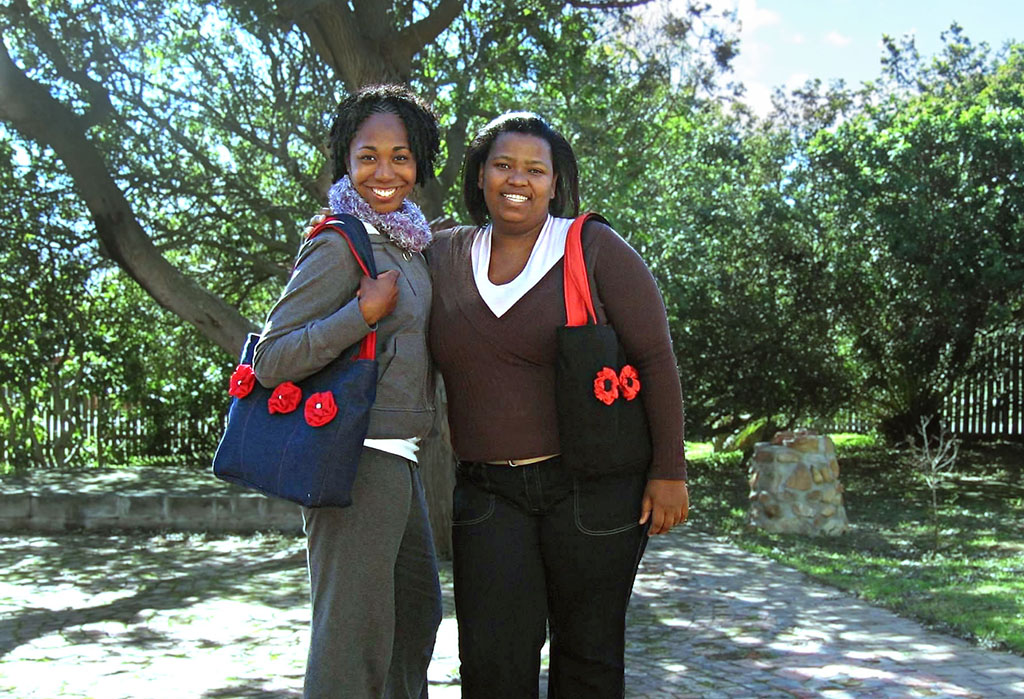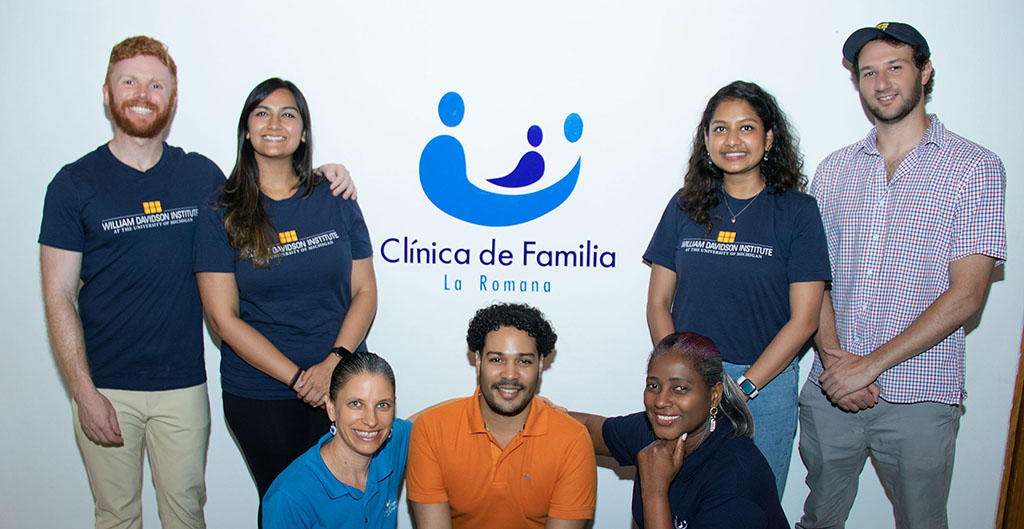The William Davidson Institute (WDI) released a new report “Driving a just transition to e-mobility in the Philippines” with research findings based on its collaboration with the Asian Development Bank (ADB) and the Apl.de.Ap Foundation International (APLFI). The research will inform the development of a new EV Center of Excellence in the country.
The Philippines is among many countries across Asia moving to electrify its transportation system in an effort to reduce imported fossil fuels, improve air quality and reduce carbon emissions, while creating new economic opportunities for its citizens. While the transition to electric mobility (e-mobility) is still relatively nascent, efforts to electrify transportation are under way, particularly among public utility and two- and three-wheel vehicle segments, which are the most popular modes of transportation in the country. Meanwhile, private sector players are pursuing opportunities along the EV value chain, from manufacturing or assembling vehicles and batteries to developing charging infrastructure and offering services to support the broader e-mobility ecosystem.
The report offers a comprehensive assessment of the current state of the transition to e-mobility in the Philippines, analyzing the country’s policy framework, market trends and workforce needs to support a shift to e-mobility. While focused on the Philippines, the report also takes a global and regional view to contextualize findings based on the most recent trends. In addition, the research highlights key socio-economic implications associated with this transition in the Philippines context and proposes pathways to ensure equitable outcomes for all involved.
In the policy realm, the report points to new actions from the national government, designed to promote EV adoption and manufacturing in the Philippines. The research highlights some of the remaining challenges for these policies to be implemented successfully, based on extensive research and consultations with local stakeholders.
In assessing local market dynamics, WDI’s research reveals that high upfront costs, limited financing, expensive electricity, and a lack of charging stations continue to pose significant barriers to greater EV adoption. Despite the presence of multiple local EV assemblers, the supply chain remains small, particularly when compared to other countries in Southeast Asia. Still, very active companies and the local EV industry association are playing an important role in catalyzing further growth.
WDI’s research also reveals a sector on the cusp of rapid expansion, with most companies planning to move into new areas of the EV value chain such as battery production, charging infrastructure, and advanced component manufacturing within the next few years. However, this growth is challenged by acute talent shortages—particularly in battery technology, EV charger installation and maintenance, and advanced diagnostics—as well as by a lack of standardized, locally available training programs. A new proposed EV Center of Excellence would play a crucial role in working with key stakeholders to address this gap.
“For us at APLFI, it has always been about people first,” said Apl.de.Ap, founder of the Apl.de.Ap Foundation International. “That is why we were intentional about partnering on this study. We wanted to make sure that the shift to e-mobility does not just benefit a few, but truly creates opportunities for workers, communities, and young people across the Philippines.”
We wanted to make sure that the shift to e-mobility does not just benefit a few, but truly creates opportunities for workers, communities, and young people across the Philippines.
– Apl.de.Ap, founder, Apl.de.Ap Foundation International
“The proposed EV Center of Excellence can help bridge gaps between policy and practice, foster collaboration across the public and private sectors, and accelerate the development of a skilled, inclusive workforce”, said Audie Vergara, Executive Director at the Apl.de.Ap Foundation.
Across all aspects of the shift to e-mobility—policy, market and workforce—the research underscores the need to ensure that the shift to e-mobility is fair and inclusive. This is particularly important for workers in the informal sector as well as women, who are underrepresented in transport.
“As e-mobility gains momentum, it will be essential to develop more robust support mechanisms, such as retraining programs, social protection measures, and inclusive stakeholder engagement processes, to ensure that the benefits of e-mobility are widely shared and that no one is left behind”, said Diana E. Páez, WDI’s Senior Director of Energy and Mobility.
The rapid worldwide adoption of EVs demonstrates both the urgency and the potential of e-mobility. “In the Philippines, this shift is underway, and we are working with relevant stakeholders to support policy development and investments that can help drive the uptake. A key piece of the puzzle is developing the workforce with the right skills to support an EV ecosystem, and this research will help us understand current needs and possible pathways for an EV Center of Excellence in the Philippines,” said James Leather, Director, Transport Sector Office at ADB.
Based in Manila, ADB invests in transportation across its developing member countries to reduce energy consumption and promote the shift to zero emission transport systems. With locations in the United States and the Philippines, APLFI is committed to uplifting communities in both countries through education, healthcare and sustainable innovation.
In addition to extensive market research, WDI’s engagement in this project involved field work in the Philippines and engagement via focus group discussions, interviews and company and university site visits. While the research primarily focuses on the Philippines, the team also examined e-mobility progress in other countries in Southeast Asia, particularly in the policy realm, to contextualize the findings. An overview of global EV trends is also included in the report, highlighting the many ways in which low- and middle-income countries are playing a growing role in the EV transition.
“While every country and region is different, it is our hope that the findings and insights included in this report may be valuable for decision makers working to advance e-mobility in other countries and geographies,” Páez said.
About Asian Development Bank (ADB)
ADB is a leading multilateral development bank supporting sustainable, inclusive, and resilient growth across Asia and the Pacific. Working with its members and partners, ADB provides quality development solutions to solve the region’s complex challenges. Founded in 1966, ADB is owned by 69 members—49 from the region.
About APLFI
The Apl.de.Ap Foundation International (APLFI), founded by Allan Pineda Lindo (Apl.de.Ap) in 2011, embodies the transformative power of personal success turned toward global philanthropy. Inspired by Pineda’s journey from Angeles, Pampanga to international acclaim, APLFI is committed to uplifting communities in the Philippines and the United States through education, healthcare and sustainable innovation.



